250 g / m² seed paper with herb seeds
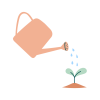 Navigate to Information Information
Navigate to Information Information 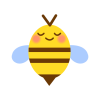 Navigate to Buzz score: 3 Buzz score: 3
Navigate to Buzz score: 3 Buzz score: 3 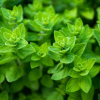 Navigate to Oregano Oregano
Navigate to Oregano Oregano 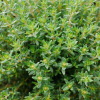 Navigate to Thyme Thyme
Navigate to Thyme Thyme 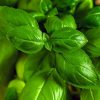 Navigate to Basil Basil
Navigate to Basil Basil 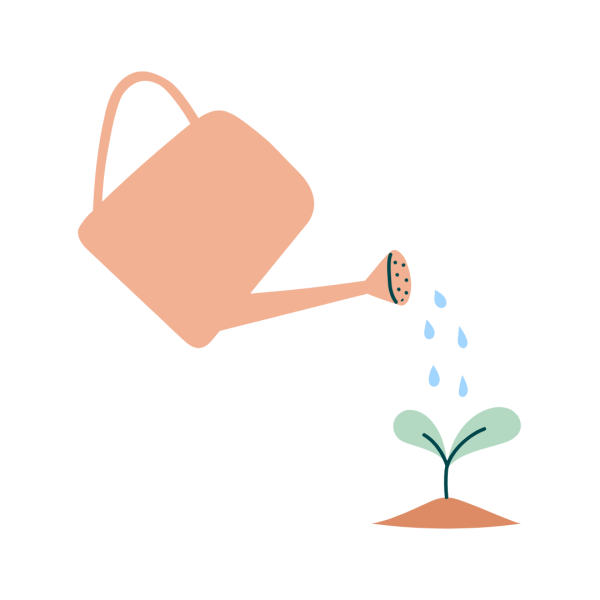
Information
- Seeds: Oregano, Thyme, Basil
- Organic: No
- Origin of the seeds: Netherlands
- Outdoor sowing: from May onwards
- Indoor sowing: Year-round
- Watering: Keep the paper moist for the first 5 days
- Germination: Within 5–6 days
- Soil: vegetable garden soil, keep moderately moist and allow water to drain away well
- Flowering: After approximately 6 weeks
- Position: Full sun
- Plant type: Annuals

Buzz score: 3
The buzz score indicates how much food our seeds provide to pollinators such as bees, butterflies and other insects. 1 bee: Moderately pollinator-friendly to 3 bee: Extremely pollinator-friendly. 
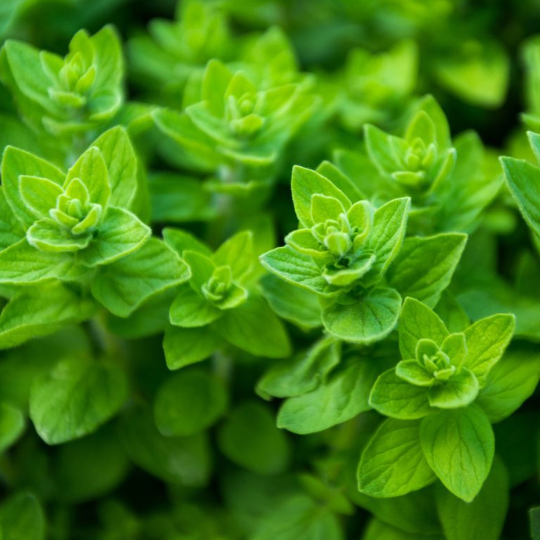
Oregano
Oregano, also known as wild marjoram, is a versatile plant with both culinary and ecological value. This aromatic herb plant thrives in Mediterranean climates and contributes to biodiversity in several ways. In the kitchen, the dark green leaves and flowers are loved for their spicy, herbal flavour, which enriches dishes such as pizza and pasta. But oregano also has an ecological role. Its nectar-rich flowers attract pollinators such as bees and butterflies, promoting the pollination of other plant species. Moreover, oregano acts as a ground cover, improving soil structure and moisture retention, beneficial for other plants. It can also attract natural enemies of pests, reducing the need for pesticides.
Pollinators are our little heroes, but they face many challenges to survive. You can support them by growing pollinator-friendly plants in your garden. These flowers and herbs provide essential food and habitat for creatures like butterflies, bees, and other insects that play a vital role in pollinating our food crops. Without pollinators, we’d have fewer fruits, vegetables, and even coffee!
The importance of pollinators to our ecosystem and food supply is enormous. By helping them thrive, we contribute to preserving biodiversity and securing our food sources. Planting a pollinator-friendly garden is a simple yet powerful way to protect the environment and support these vital species.

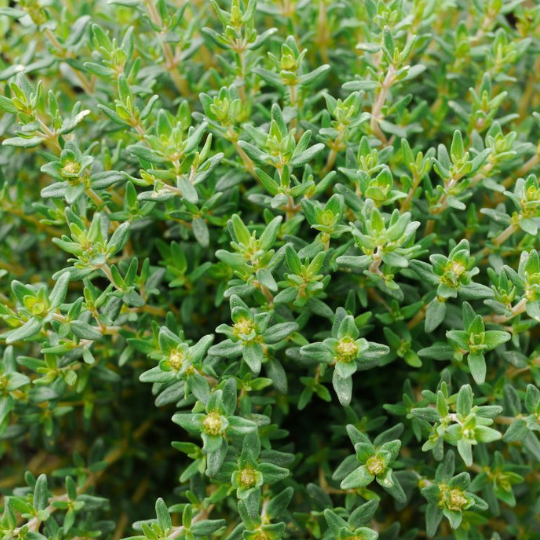
Thyme
Thyme, an aromatic herb with a rich history in cooking and traditional medicine, also plays a role in promoting biodiversity. Thyme plants, with their small purple or white flowers, attract pollinators such as bees and butterflies, supporting the pollination of other plant species. This contributes to the reproduction of crops and wild flora.
Moreover, thyme acts as a natural ground cover, improving soil structure and promoting moisture retention, which is beneficial to other plants. Thyme also has antimicrobial properties and can help maintain a healthy soil ecosystem.
Pollinators are our little heroes, but they face many challenges to survive. You can support them by growing pollinator-friendly plants in your garden. These flowers and herbs provide essential food and habitat for creatures like butterflies, bees, and other insects that play a vital role in pollinating our food crops. Without pollinators, we’d have fewer fruits, vegetables, and even coffee!
The importance of pollinators to our ecosystem and food supply is enormous. By helping them thrive, we contribute to preserving biodiversity and securing our food sources. Planting a pollinator-friendly garden is a simple yet powerful way to protect the environment and support these vital species.

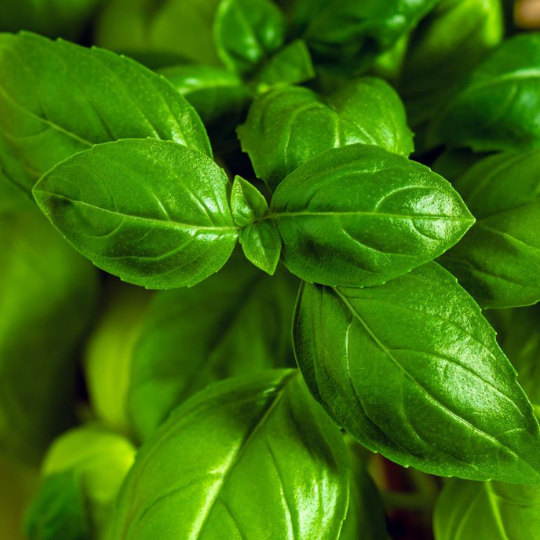
Basil
Basil, a popular herb in cooking for its aromatic leaves, contributes discreetly but significantly to biodiversity. This herb attracts pollinators, such as bees and butterflies, with its flowers, which supports the pollination of other plant species. This promotes the reproduction of various crops and wild flora.
Moreover, basil acts as a natural repellent against certain pests in the garden, reducing the need for pesticides. This leads to a healthier and more balanced ecosystem.
Pollinators are our little heroes, but they face many challenges to survive. You can support them by growing pollinator-friendly plants in your garden. These flowers and herbs provide essential food and habitat for creatures like butterflies, bees, and other insects that play a vital role in pollinating our food crops. Without pollinators, we’d have fewer fruits, vegetables, and even coffee!
The importance of pollinators to our ecosystem and food supply is enormous. By helping them thrive, we contribute to preserving biodiversity and securing our food sources. Planting a pollinator-friendly garden is a simple yet powerful way to protect the environment and support these vital species.
